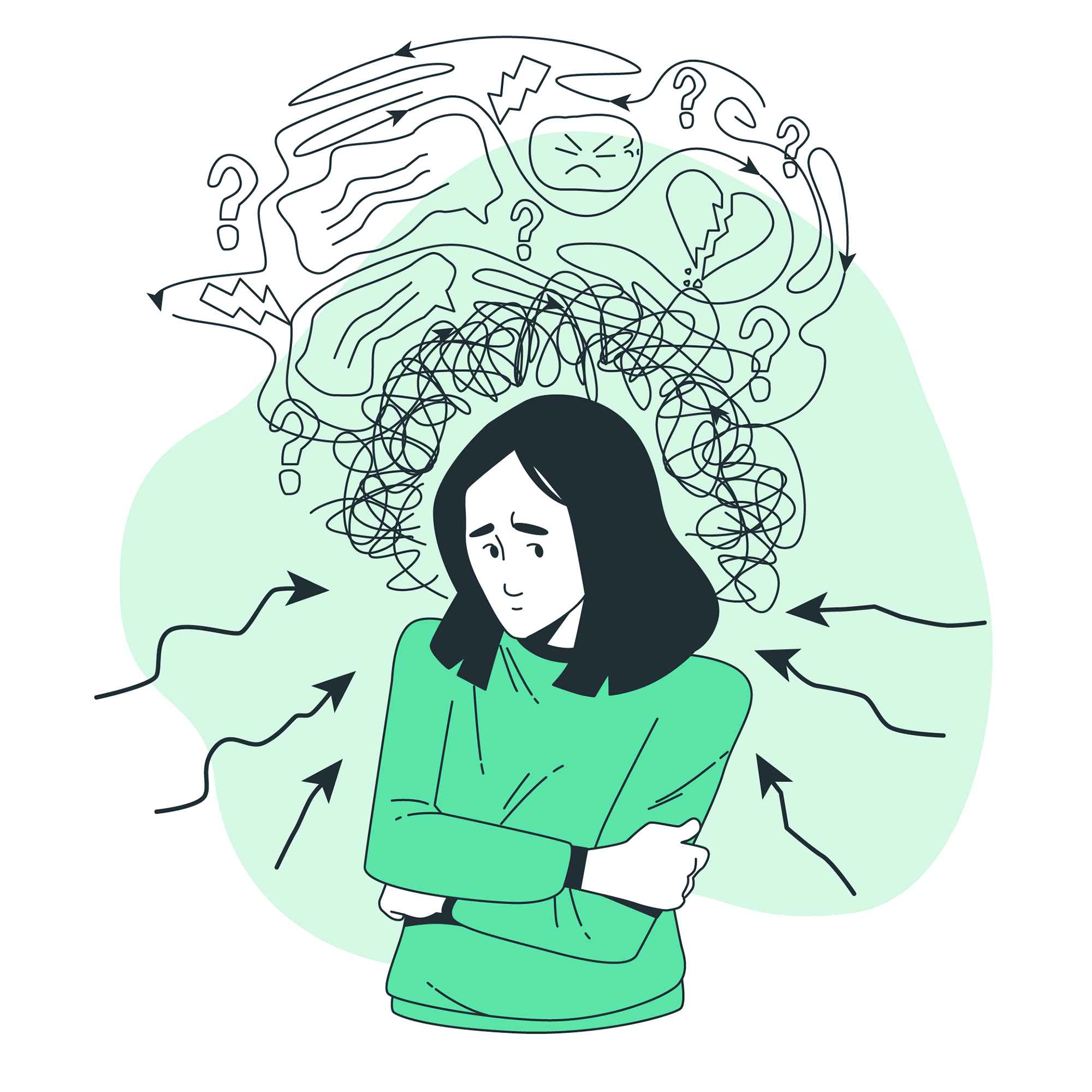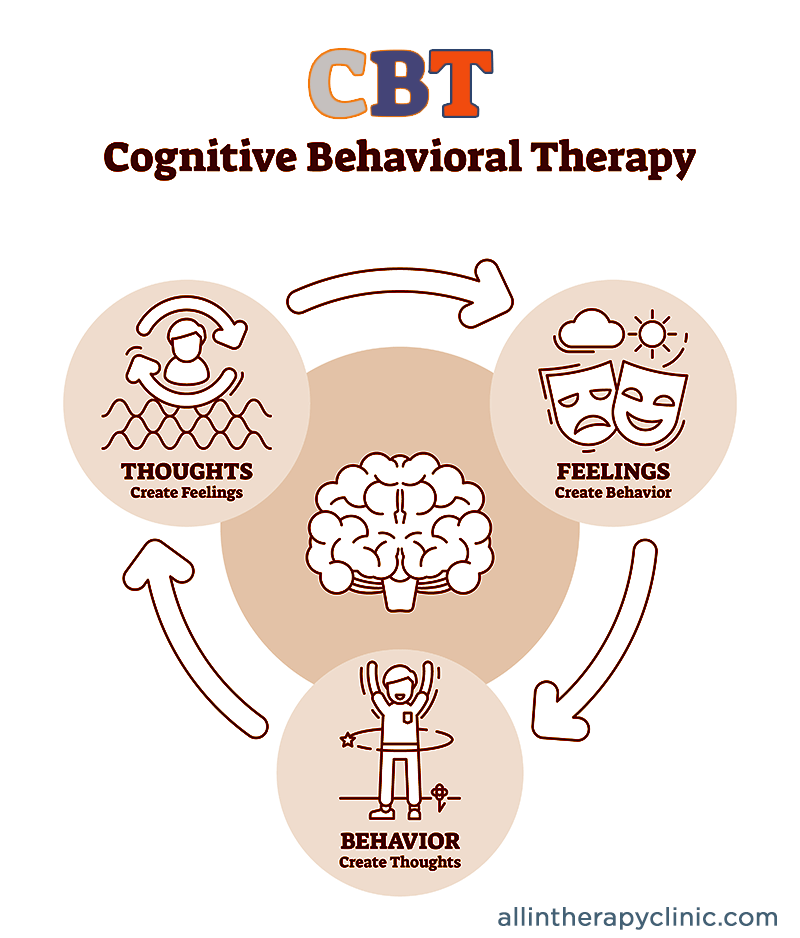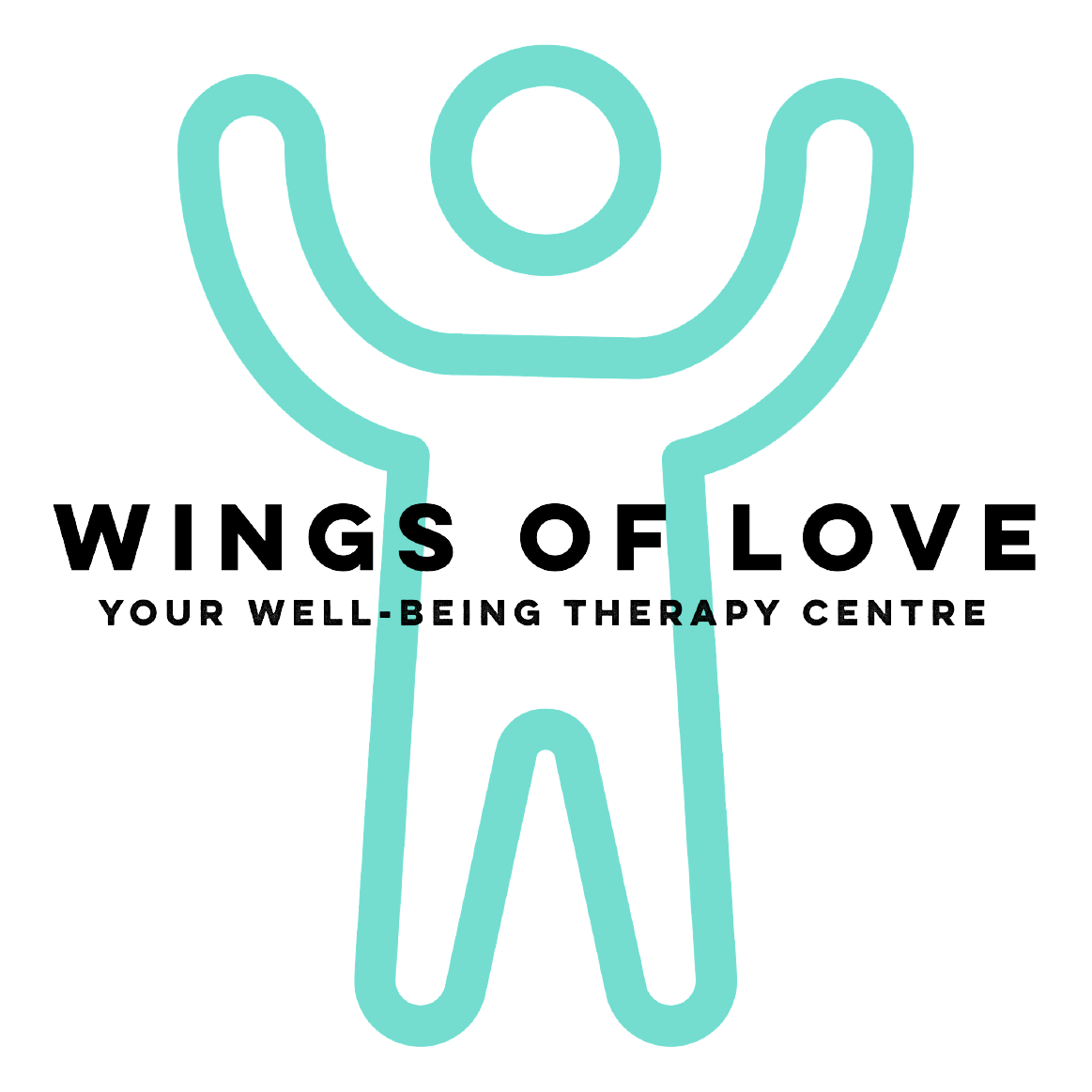30 Jul Seeking Validation: Unravelling the Factors and Empowering Transformation.

Seeking Validation: Unravelling the Factors and Empowering Transformation.
30 July 2023
By Wings of Love
In today’s fast-paced and interconnected world, the desire for validation has become a pervasive and challenging aspect of human existence. At our centre, we have witnessed firsthand how this relentless pursuit of external validation leaves individuals feeling unfulfilled and trapped in a never-ending cycle of seeking approval from others. Many of our clients, irrespective of age, gender, or background, come to us burdened with feelings of sadness, anger, and disappointment, their hearts heavy with the weight of unmet emotional needs.
The longing for validation often centres around significant relationships, particularly those with spouses, partners, or friends. Clients yearn for undivided attention, nurturing, and love, and they feel jealous when their loved ones extend these gestures to others. The insidious belief that they are not important, coupled with a victim mindset, takes root in their minds, leading them to blame others who try to enter their partner’s life. This pattern of seeking validation can dominate their thoughts, causing them to dwell on past hurts, keeping them locked in a state of anger and resentment.
However, despite their efforts to gain validation from external sources, these individuals remain unsatisfied and emotionally unfulfilled. At our psychotherapy centre, we recognize the gravity of their struggle, and our primary goal is to offer a safe and nurturing environment for them to embark on a journey of self-discovery and healing.
The Root Causes of Seeking Validation
1. Emptiness
Emptiness can arise from a lack of fulfillment and purpose in life. When individuals feel disconnected from their own emotions and inner selves, they may seek external validation as a way to fill the void they experience within. This emptiness can lead them to rely heavily on others for their sense of self-worth and identity.
For instance, a successful businesswoman constantly seeks validation from her colleagues and friends. Despite her achievements, she struggles to feel satisfied and complete within herself. This emotional emptiness stems from her upbringing, where her parents rarely acknowledged her accomplishments or emotions, leading her to seek validation externally.
2. Loneliness
Feelings of loneliness and isolation can be powerful triggers for seeking validation.It may arise from social isolation, lack of meaningful relationships, or a fear of being alone. Human beings are social creatures, and when they lack meaningful connections, they may look for validation from others to alleviate their feelings of being alone.
As an example, a person may constantly seek validation on social media. By posting pictures and updates seeking likes and comments to validate their self-worth, loneliness makes one crave external validation to feel connected and acknowledged.

3. Unmet Childhood Needs
Childhood experiences play a crucial role in shaping one’s emotional landscape. If individuals have experienced neglect, emotional unavailability, or a lack of validation during their formative years, they may carry these unresolved needs into adulthood. As a result, they may seek validation from others to compensate for the love and acceptance they missed as children.
Imagine a mother struggling with low self-esteem and an overwhelming need for validation from her husband. As a child, she felt neglected by her parents, and this unmet need for affection and recognition continues to influence her adult relationships.
4. Parental Priorities
When parents prioritize their own needs or others over their children, it can create a sense of insignificance and unworthiness in the child. As adults, individuals may continue seeking validation from others, hoping to feel important and valued.
As an illustration, a teenager may constantly feel angry and resentful when his parents miss his important school events. He believes they value their work and social life more than him, leading him to seek validation from his friends and teachers to compensate for the lack of recognition at home.
5. Loss of a Parent
The loss of a parent, whether through death or emotional absence, can leave a significant emotional void. Individuals who have experienced such losses may seek validation as a way to cope with their grief and longing for the love and support they once had.
For example, a girl lost her mother at a young age, and since then, she has sought constant validation and approval from her older sister, who became the primary caregiver. She feels a void from her mother’s absence and seeks validation from her sister to cope with the grief and loneliness.
6. Gender Biases
Societal gender biases can perpetuate feelings of inadequacy and inferiority. For example, in patriarchal cultures, women may feel undervalued and unimportant compared to men, leading them to seek validation and recognition from others outside their gender roles.
A young woman may constantly seek validation through her physical appearance and the attention she receives from others. She feels the pressure to conform to unrealistic beauty standards and believes that her value lies primarily in how attractive others find her. This external validation becomes crucial to her self-esteem and sense of self-worth, perpetuating the cycle of seeking approval from others.

Seeking external validation can have detrimental effects on our self-esteem.
Source: DrElayneDaniels
Suitable Therapies and Their Role in Addressing Seeking Validation
Eye Movement Desensitization and Reprocessing (EMDR)
EMDR is a therapeutic approach that helps individuals process and integrate traumatic memories and distressing emotions. When clients have experienced past events that contributed to their need for validation, EMDR can assist in reducing the emotional intensity associated with these memories. By reprocessing these memories, clients can gain new insights into their experiences and develop healthier coping mechanisms.
Emotionally Focused Therapy (EFT)
Emotion-focused therapy (EFT) approaches healing from the belief that emotions are strongly linked to identity. EFT focuses on the emotional bonds between individuals and how they shape relationships and helps clients identify and express their underlying emotions and attachment needs. Through this process, clients can learn to communicate their feelings effectively and develop secure attachments with others, reducing the compulsion to seek validation outside of themselves.
Cognitive Behavioral Therapy (CBT)
CBT is a goal-oriented therapeutic approach that aims to modify negative thought patterns and behaviours. When it comes to seeking validation, CBT helps clients identify the irrational beliefs and cognitive distortions that fuel this behaviour. Therapists work with clients to challenge these beliefs and replace them with more rational and empowering thoughts, fostering a healthier sense of self-worth.

Cognitive behavioural therapy (CBT) is a talking therapy that changes the way you think and behave and is proven to be highly effective for people seeking validation.
Source: All In
Family Constellation Therapy
Family Constellation delves into the intergenerational dynamics and unresolved issues within a client’s family system. This therapy can reveal hidden entanglements that contribute to seeking validation. By exploring the ancestral influences and systemic patterns, clients can gain clarity on why they may feel unseen or unvalidated. By bringing these issues to light, Family Constellation allows clients to disentangle from unhealthy dynamics and embrace their own path towards self-validation.
To summarise
The pursuit of validation can be an all-consuming struggle, leaving individuals feeling lost and despondent despite their best efforts. At our centre, we understand the intricacies of this emotional battle and offer a ray of hope to those seeking relief and transformation. Through our specialised therapies, including Eye Movement Desensitization and Reprocessing (EMDR), Emotionally Focused Therapy (EFT), Cognitive Behavioral Therapy (CBT), and Family Constellation, we guide clients on a path of self-awareness and healing.
EMDR empowers them to confront and process past traumas safely, finding resilience in the face of emotional distress. EFT equips individuals with the tools to navigate their emotions constructively, fostering healthier relationships with themselves and others. CBT challenges negative beliefs that hinder personal growth, replacing them with positive and empowering perspectives. Family Constellation dives into the deep waters of generational influences, helping clients untangle themselves from patterns that have kept them seeking validation. By addressing the root causes of their struggles, clients can liberate themselves from the shackles of the past, embracing a brighter and more authentic future.
Here, we stand committed to supporting our clients as they embark on this transformative journey. Our experienced therapists provide a compassionate and non-judgmental space where healing can flourish. The path to self-validation and contentment begins with acknowledging one’s worthiness, letting go of past pains, and embracing a more fulfilling present. As individuals shed the burden of seeking external validation, they open themselves up to a profound sense of inner peace, self-acceptance, and love.
Remember, seeking validation from within can lead to the most profound sense of fulfillment and joy in life. Let us walk hand in hand, as we embark on this voyage of self-discovery together. Your healing and growth are our utmost priorities, and we are here to guide you every step of the way.


